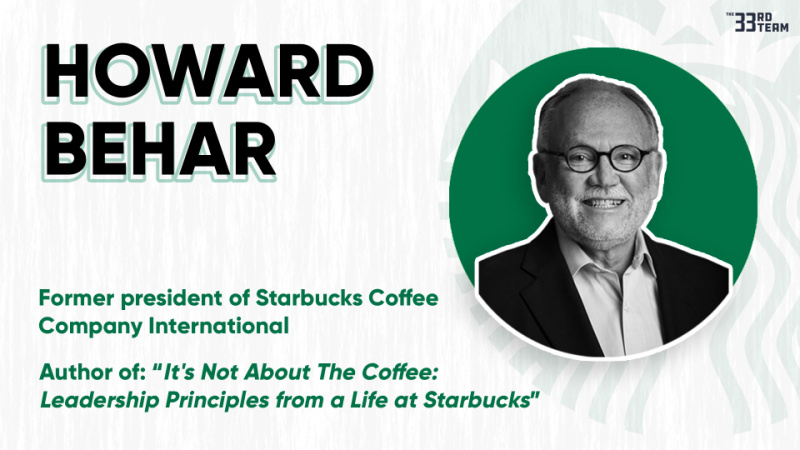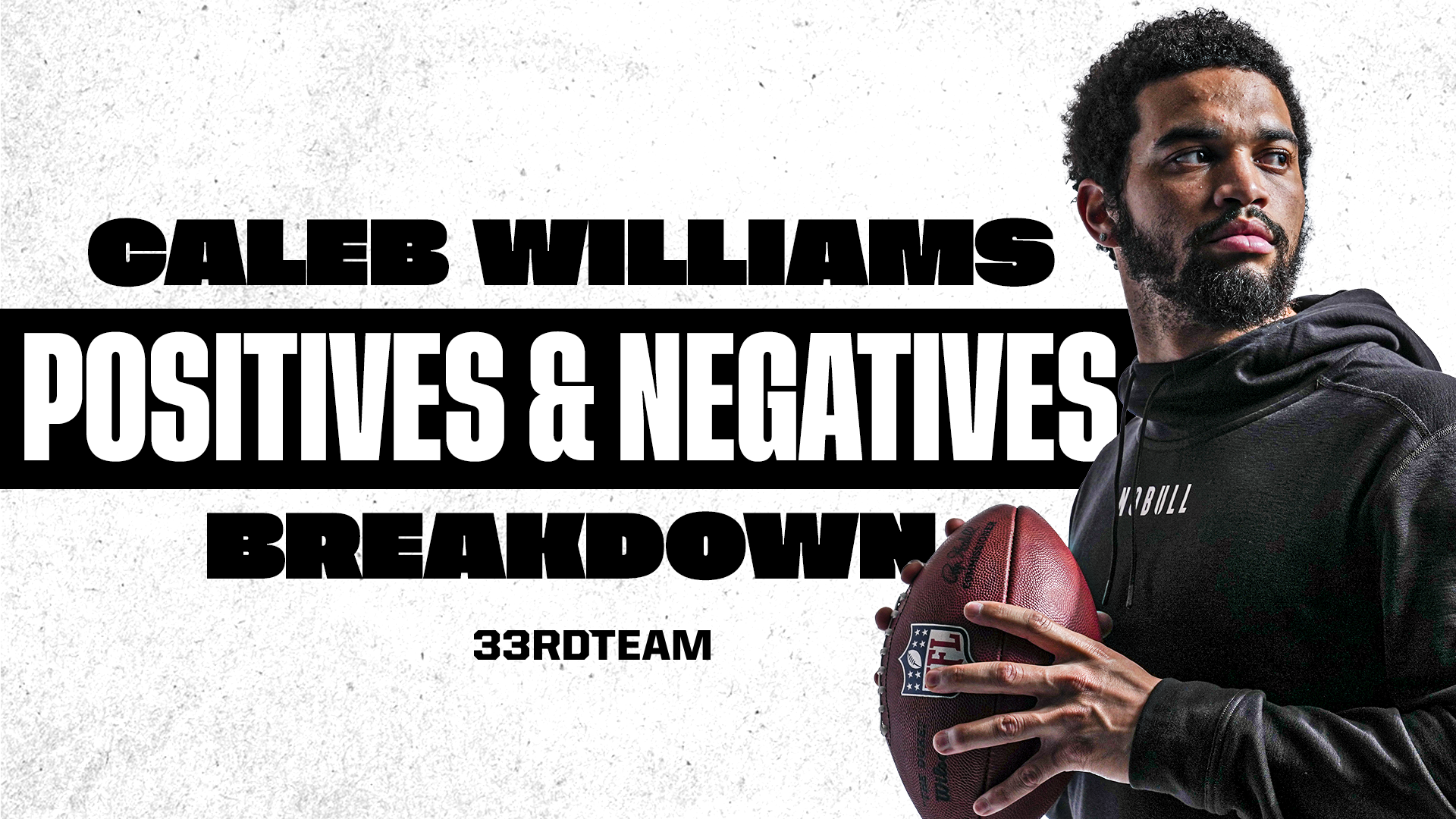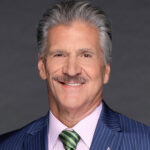Analysis
12/22/21
5 min read
Starbucks President Howard Behar: 4 Leadership Lessons That Build Companies And Win Championships

The 33rd Team recently had the honor of speaking with Howard Behar, who is the former President of Starbucks North America and the founding President of Starbucks International. He was kind enough to discuss his experiences with leadership at the corporate level, answer questions from our network of NFL coaches, players and executives, and impart a multitude of relevant lessons that are implementable in professional sports. Below are four overarching takeaways The 33rd Team gleaned from Howard.
Understanding Core Values
The first lesson that Howard communicated was the importance of individual core values to the composition and culture of any organization.
All organizations are driven by the people that lead them, who are in turn impacted by their individual core values and shape the organizational culture according to these values. Everyone should write down their ten core values that drive their personal and professional life, whether it be coaching, scouting, playing, or any other facet of the game.
These core values should be translatable to any aspect of one’s life, as the same individual values will drive performance and execution in one’s professional and personal life. Leading through values instead of through emotions allows for consistent and clear leadership in the face of crisis.
Communication is Key
Open communication across all levels of the organization is key for every employee to feel valued and heard. However, communication is often underutilized and unclear, leading to a fractured common vision and an increased likelihood of conflict.
Communication that is frequent, consistent, and clear is one of the most important tools that leaders have to ensure that those working under them are executing their vision. Organizational values and the overall greater purpose are vastly under-communicated in much of leadership. Any employee at any level can have a tangible impact on success, making it crucial that everyone is involved as a stakeholder in organizational success.
Leaders often get tired of their message before other people in the organization do, so constant communication is key to avoiding this.
Howard discussed that Starbucks was not in the coffee business serving people but rather in the people business serving coffee, an important distinction that was often relayed to Starbucks employees at every level.
Constant, open, and honest communication in the moment is key for avoiding major conflicts between owners, general managers, coaches, and other members of senior leadership. It prevents issues from building up over time and blowing up into significant incidents as tensions continually rise.
It is essential that leaders operate with a philosophy that they are betting their job every day they come to work. If leaders operate as if they are afraid of losing their job, they will fail to maximize the effectiveness and potential of their organization. As Howard succinctly puts it, “nobody great can act out of fear.”
Servant Leadership
The most effective leaders serve their people as opposed to being served by them, a characteristic that is crucial to creating transformative organizational culture, values, and success.
Leaders have a responsibility to grow their employees first as human beings and second as employees. Teaching employees how to live a happy and fulfilling life is key to more productive and successful workers.
When respect and dignity come from the highest levels of management, they become interwoven throughout all levels of an organization. Empathy has been shown to positively impact organizational culture and all workers, leading to a more successful business or team.
Leadership tends to stem from prior experience, meaning that any change in leadership style must be conscious and intentional. The best way to impart servant leadership within the alpha environment of professional sports is by first educating those in your organization about its benefits, and then truly living this leadership style.
Much of servant leadership centers on emotional intelligence, which is a skill that can be learned and developed regardless of role or experience. One of Howard’s most crucial points was that many coaches have room for significant improvement when it comes to their interaction with players, especially on the emotional plane.
Leadership Extends to All Levels
The key to scaling leadership at all levels and ensuring your leadership vision is being executed can be summed up in two phrases: “the person who sweeps the floor should choose the broom” and “inspect what you expect.”
“The person who sweeps the floor should choose the broom” is representative of the idea that when people are brought on to a staff it is the responsibility of the leader to give them the ability to make decisions, particularly in their areas of expertise.
Humans gravitate towards rewards instead of punishments and having proper reward and recognition structures is key. When people are rewarded for decisions and actions that support the organizational culture and vision, they strive to repeat those actions.
“Inspect what you expect” is a philosophy that extends to scaling leadership on a much broader scale. Responsibility should certainly be delegated by leaders and is the most effective way to accomplish various tasks.
In the early days of leadership, it becomes necessary to both help those you are leading with their tasks and coach them in the moment without controlling them. This initial guiding will lead to increased short-term success and long-term sustainability of the organization.
When making decisions that have ramifications throughout the company, it is crucial to talk to affected employees at every level. The best way to examine how changes to the status quo will impact those being led is by hearing from them first-hand — a process that often reveals dimensions of change that leaders haven’t even considered. At the end of the day, without employees that are fully bought into the organizational culture and vision the leader has, an organization will not succeed.
This story was written by Aadit Mehta








